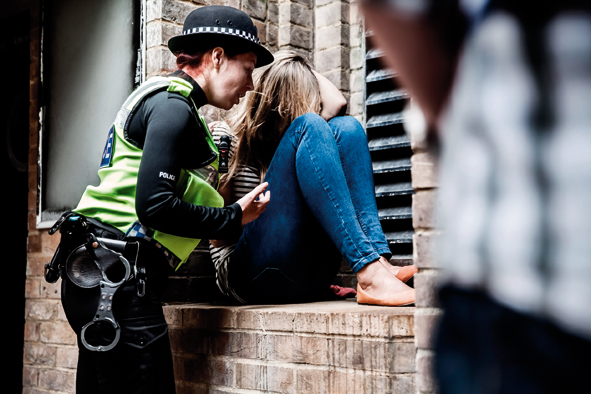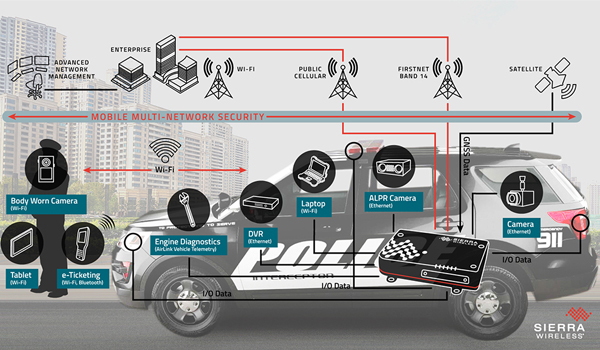Research puts BWV in focus
Recent high-profile incidents in the US involving police use of deadly force have resulted in increased scrutiny of officer behavior and police-community relations. While the use of body-worn video (BWV) cameras by officers to address these issues has been endorsed by the media, government, social activists and policy makers alike, leading to nationwide interest in BWV to increase transparency and accountability, there is scant scientific evidence to support or refute the perceived benefits or drawbacks.
Recent high-profile incidents in the US involving police use of deadly force have resulted in increased scrutiny of officer behavior and police-community relations. While the use of body-worn video (BWV) cameras by officers to address these issues has been endorsed by the media, government, social activists and policy makers alike, leading to nationwide interest in BWV to increase transparency and accountability, there is scant scientific evidence to support or refute the perceived benefits or drawbacks.
A first-of-its-kind study by researchers from Florida Atlantic University and collaborators measured law enforcement leadership attitudes toward police wearing BWV cameras, and found more than half supported their use.
And those who cautioned against the use of these cameras did so only because they were concerned with privacy issues for both police officers and citizens, particularly who would have access to the video footage captured by the cameras and the policies and guidelines related to public release of videos. Ten US states (Arizona, Colorado, Florida, Maryland, New Hampshire, North Dakota, Oklahoma, Pennsylvania, Utah and Vermont) have already enacted laws related to BWV cameras, several of which directly address public disclosure and privacy issues.
However, nearly two-thirds of those questioned did not believe that BWV cameras were an invasion of a police officers privacy, but were evenly split on whether they were an invasion of citizens privacy.
It is widely accepted that BWV technology improves police performance by making officers more efficient, safe and transparent, which in turn has the knock-on effect of improving the criminal justice system as a whole.
While the general public might be enthusiastic about the potential benefits of police body-worn cameras, until this study it was unknown how leadership in law enforcement felt about these cameras, said John Smykla, PhD, lead author, director and professor in the universitys School of Criminology and Criminal Justice.
The perceptions of law enforcement leadership are vital because it could either make the possible transition to body-worn cameras less disruptive or put departments in climates that are less than favourable for something that may be inevitable.
Other findings from the research included:
50 per cent agree that BWV cameras will result in an increase in guilty pleas from people charged with crimes;
Nearly 50 per cent believe that BWV cameras will improve citizen behavior during interactions with police;
Only 21 per cent agree or strongly agree that BWV cameras would affect
officer behavior while on duty (more than 58 per cent were neutral);
One third believe BWV cameras would improve police officer behavior during interactions with citizens; and
Nearly 50 per cent agree that BWV will impact police officers decision to use force in encounters with citizens.





